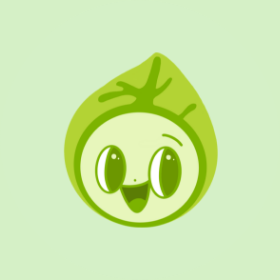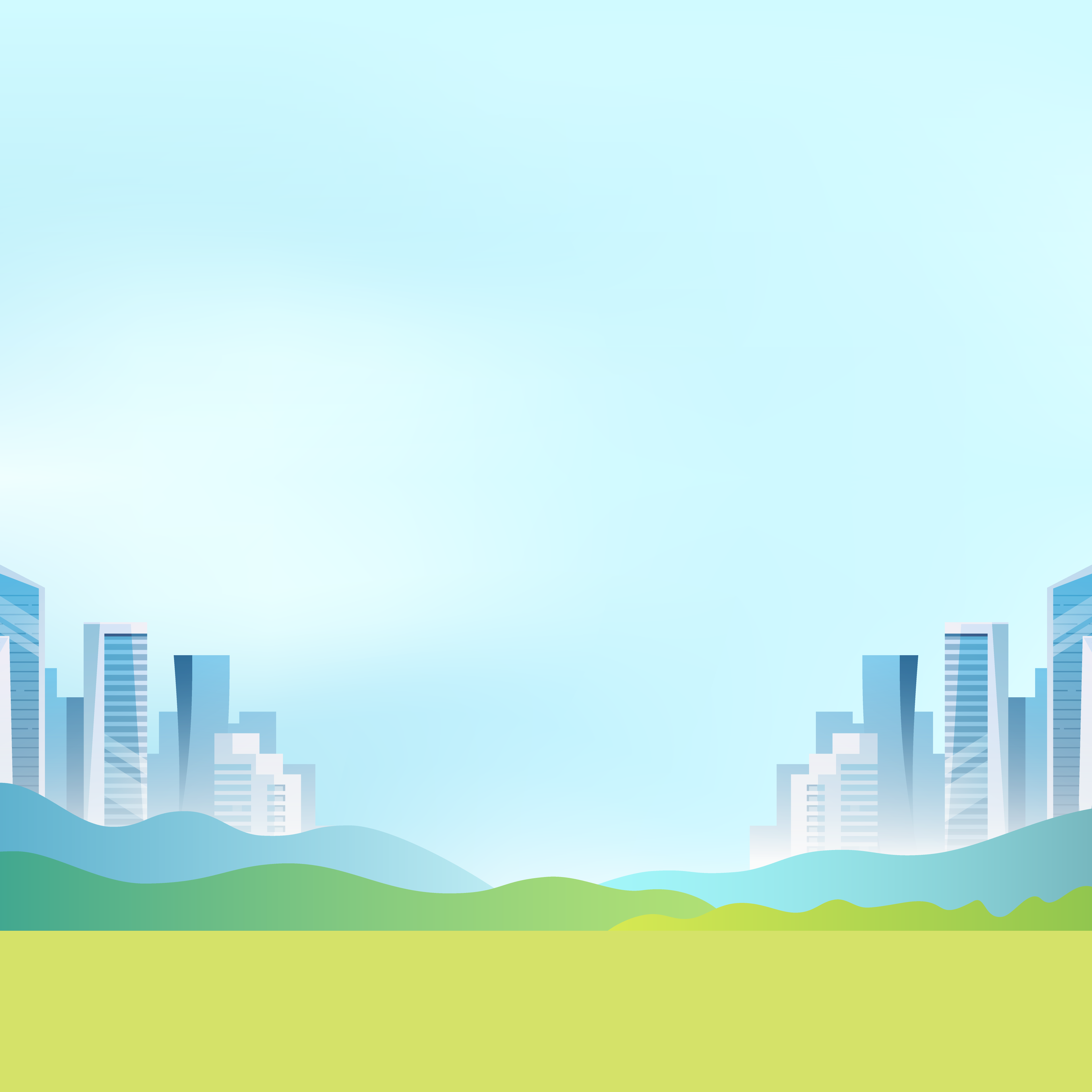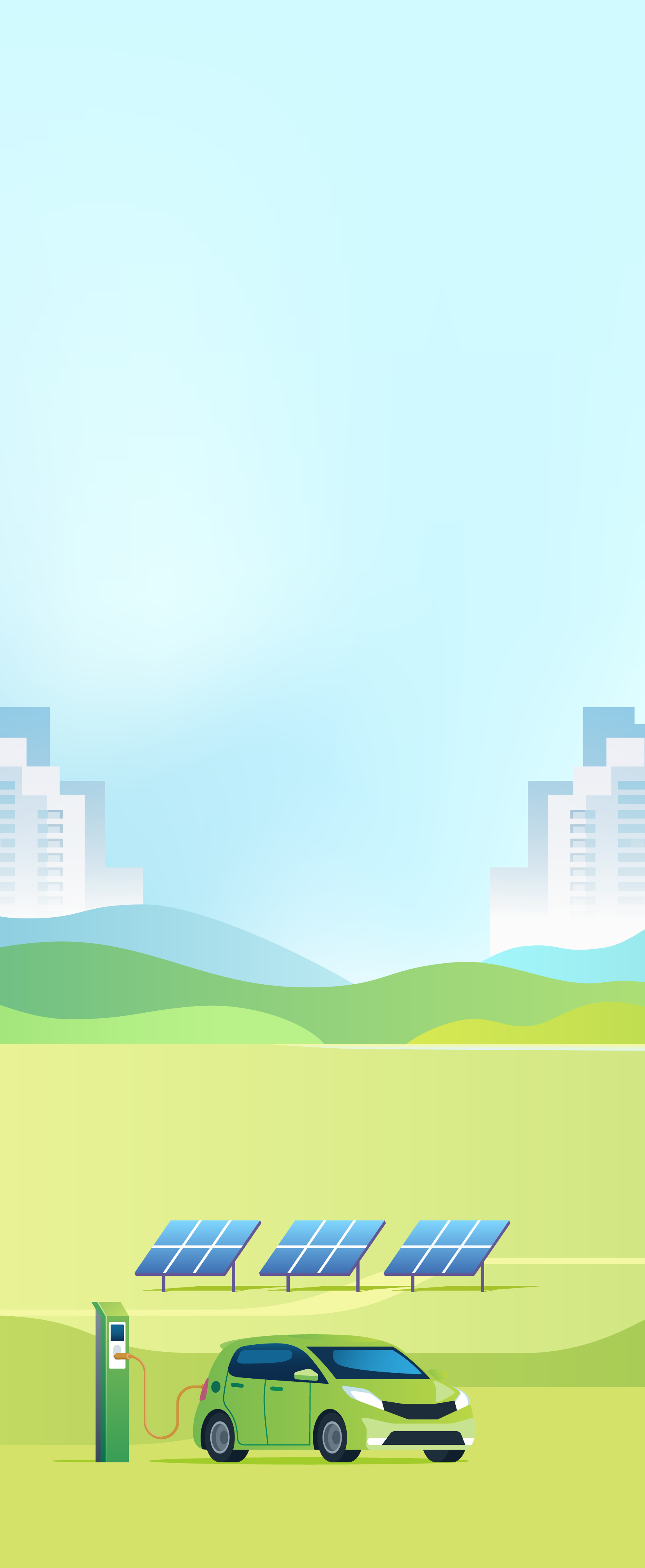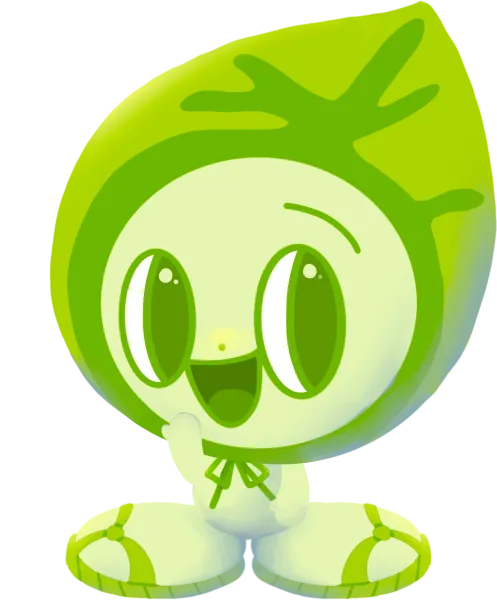


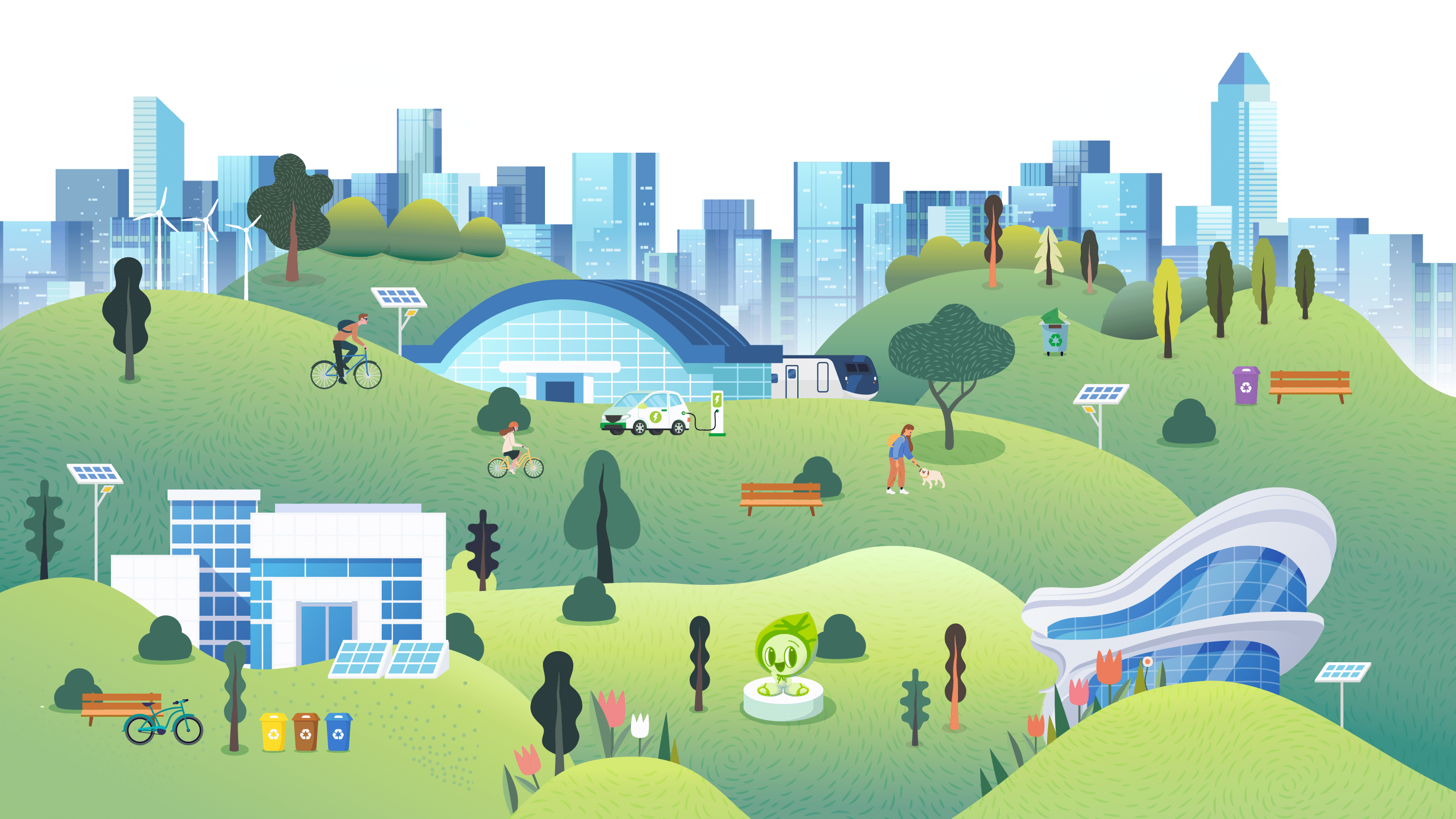
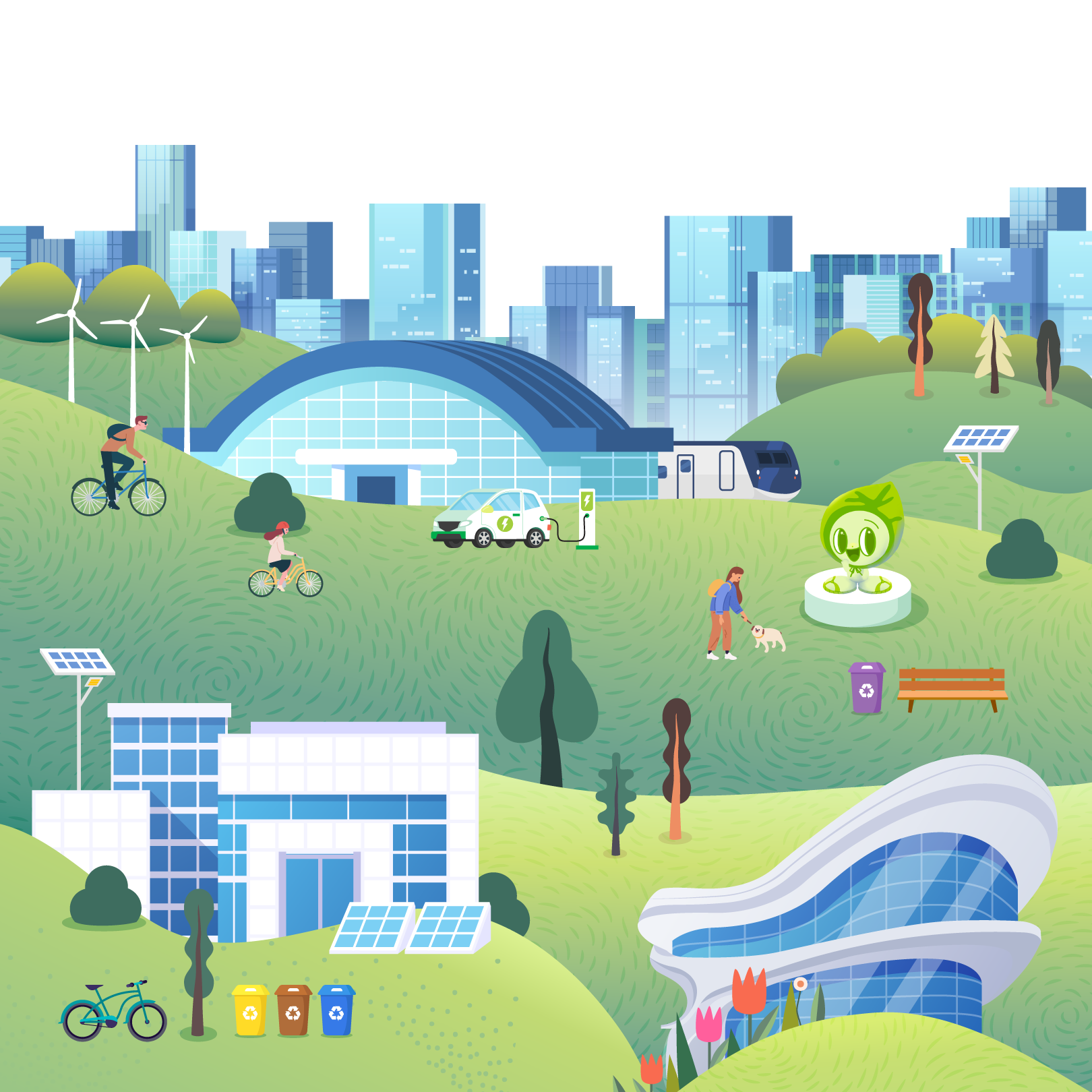
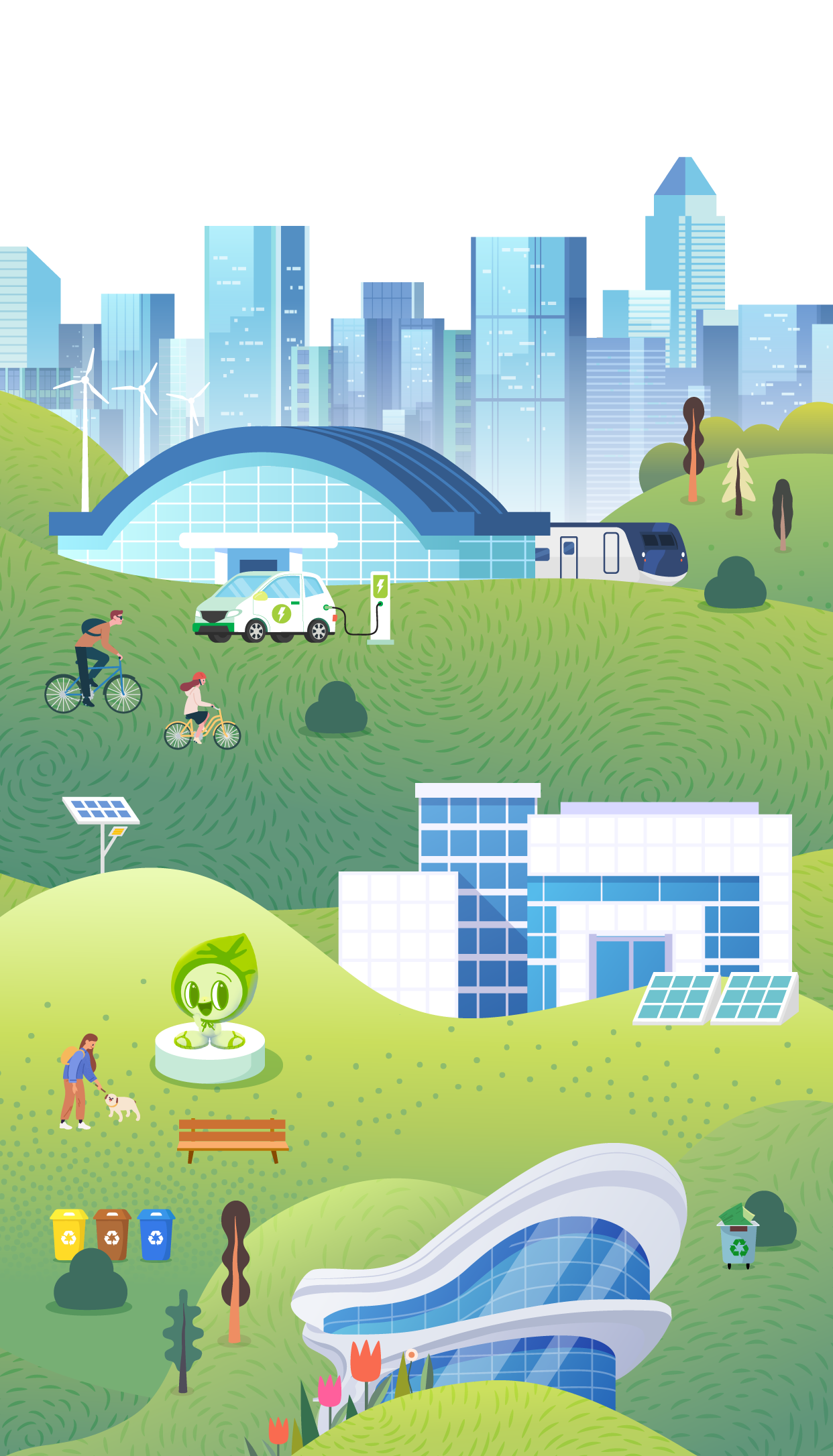
Low-Carbon Transport
Sustainability Institute
About Green Corner
ECO-CIRCULAR HUB

Collect more badges to
help the tree grow

ID:
Download Certificate
To proceed, please confirm that the work was done by you and make sure the name on the certificate is correct before downloading it. Please contact cesdo@vtc.edu.hk if the name is incorrect.

Welcome to the Green Corner!
The VTC is dedicated to promoting environmental sustainability and nurturing future leaders for the community. In the Green Corner, you can:
- Join quests to experience how to reduce greenhouse gas emissions and contribute to carbon reduction mission
- Earn green badges when you accomplish each challenge
- Upgrade your title of achievement with more badges
Log in with your VTC Student Account to save and track your progress.
Why It Matters
Your action counts!
The HKSAR Government’s Climate Action Plan 2050 aligns with international agreements and aims to limit global warming to well below 2°C above pre-industrial levels, with efforts to keep it under 1.5°C. The plan focuses on achieving carbon neutrality (balancing carbon dioxide emitted with that removed from the atmosphere) by 2050. In 2024, we hit 1.6°C, showing just how urgent this is.
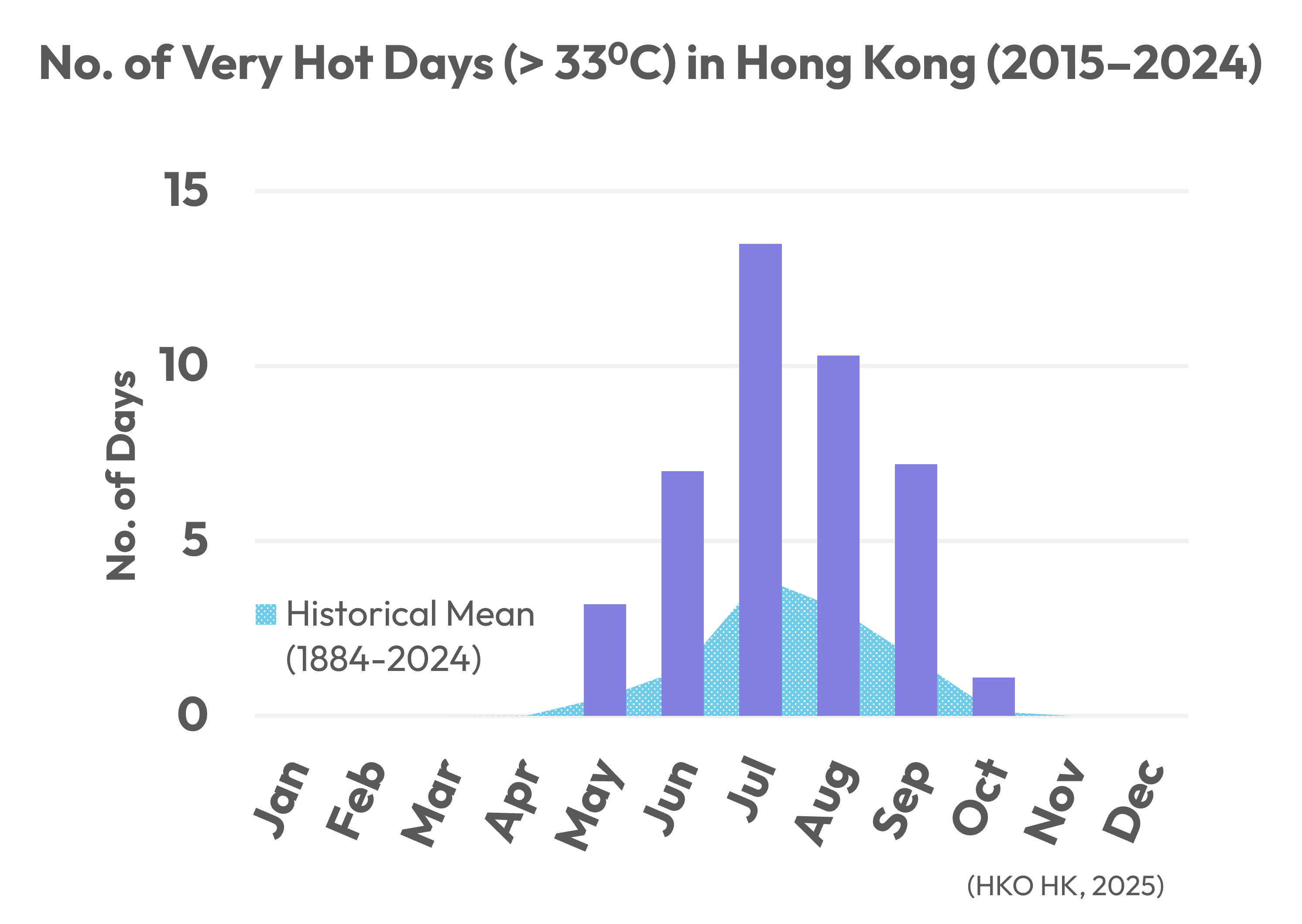
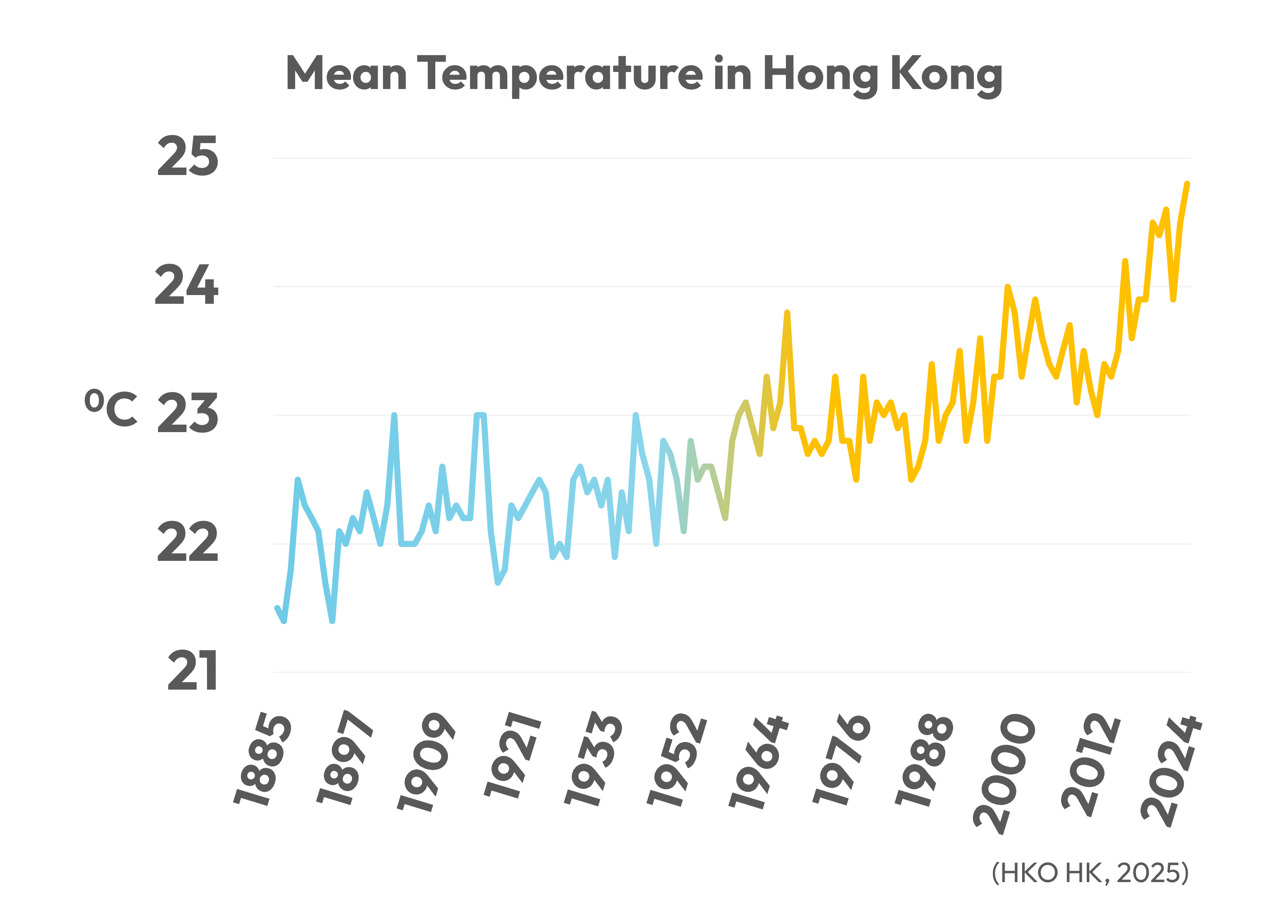
Our Shared Responsibility
We all hold the responsibility for the sustainability of the planet. Your every action counts!
Become a VTC Environmental Ambassador
Lead and inspire others on campus and in your community. Visit the VTC Environmental and Sustainable Development website to find out more.
Let’s create a greener, low-carbon world together!
Login Failed
Please try again.
Innovate Waste Handling
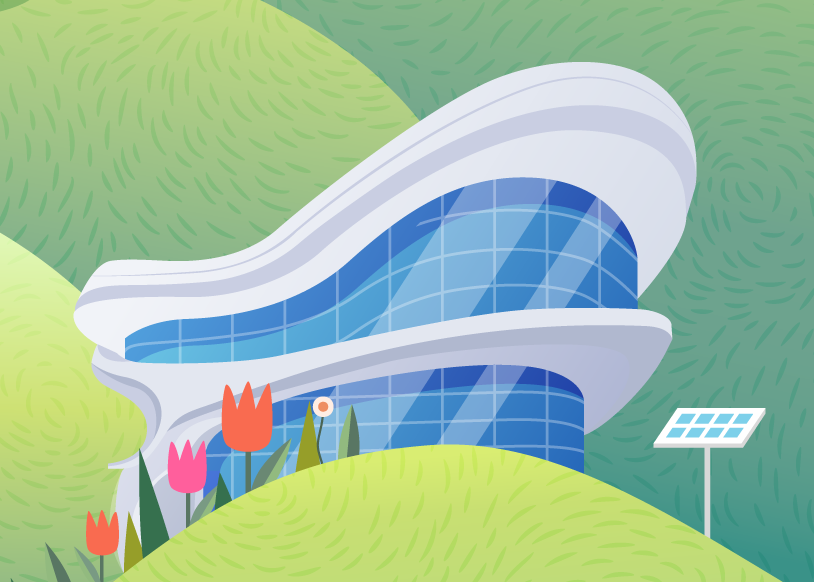
- Plastic Waste
- Waste Treatment
- Recycle & Remake
We can do better in reducing waste
In 2023, waste contributed to 8.5% of Hong Kong’s carbon emissions (EEB HK, 2025).
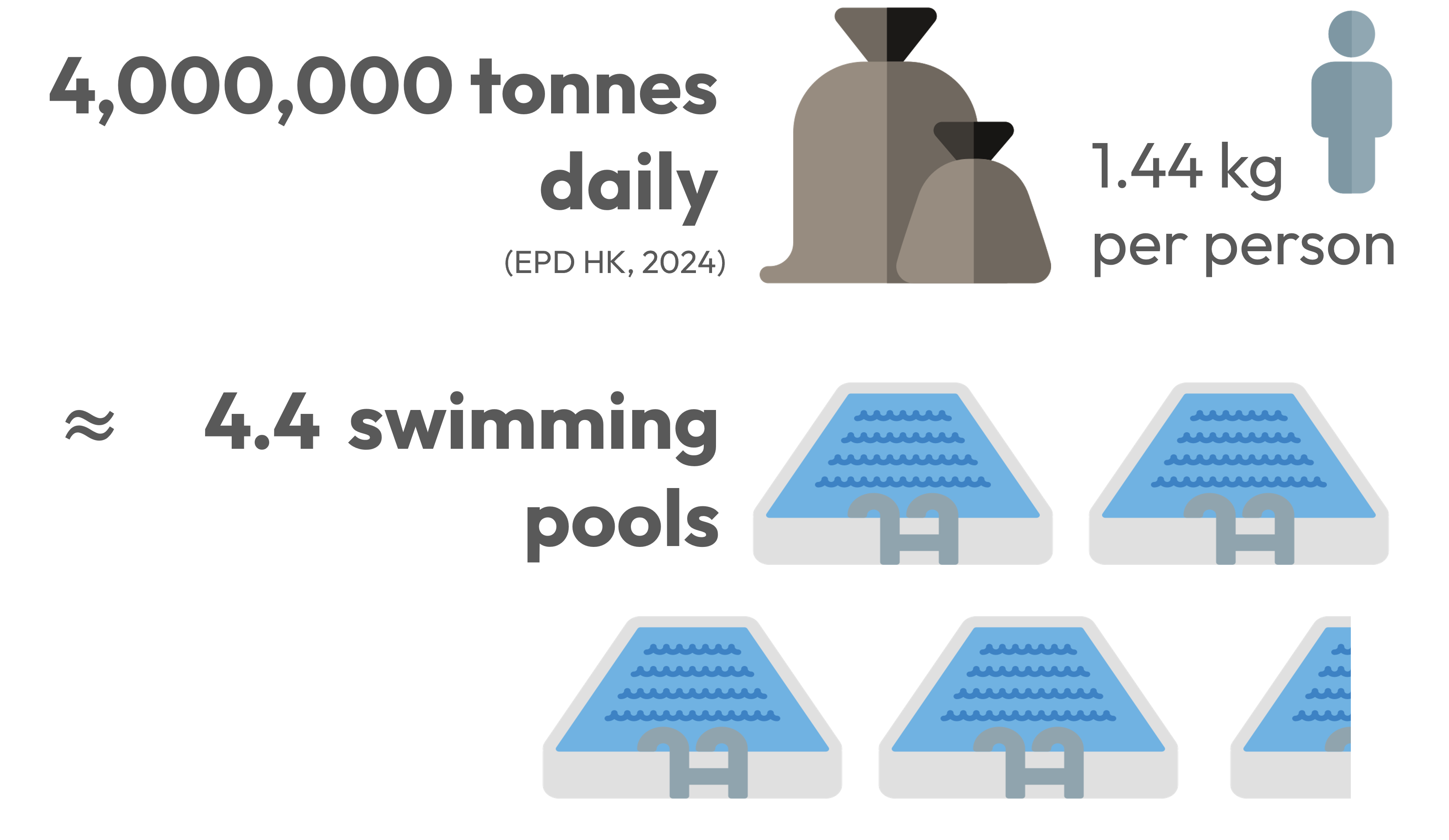
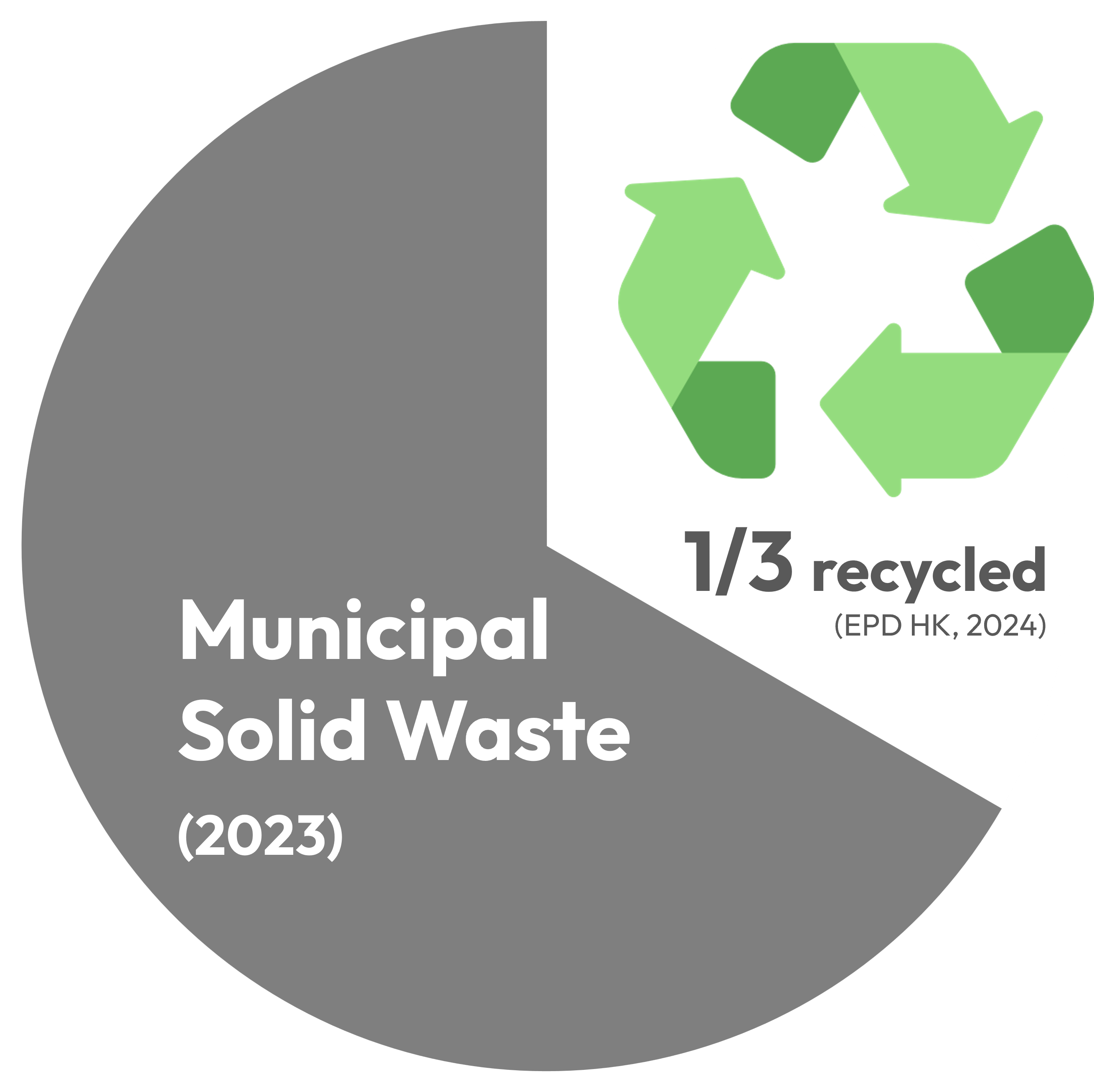
The remaining 3 landfills in Hong Kong are estimated to be exhausted by 2030 (INFO HK, 2024). Additionally, the 2 MSW landfills remain less than 20% capacity. To manage waste until 2050, we need 500 million tonnes more landfill space (EPD HK, 2021).
Login Failed
Please try again.
1/3
Plastic Waste
Waste Treatment
Recycle & Remake
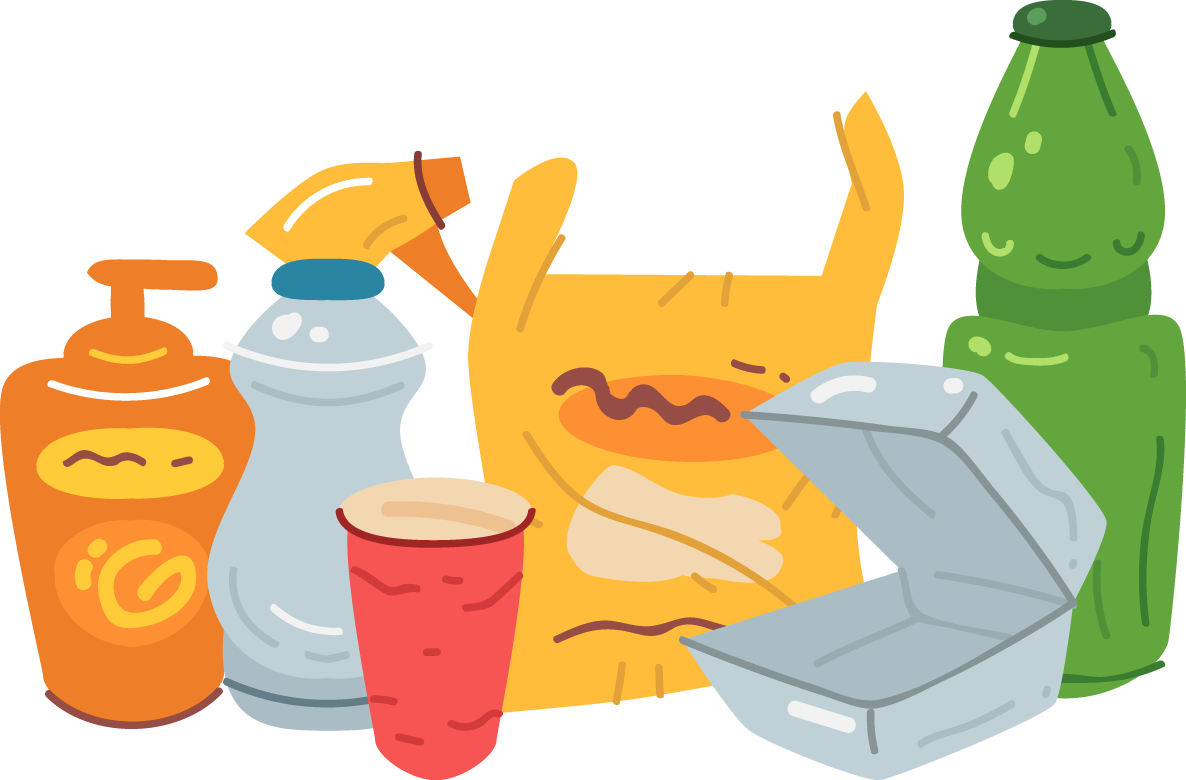
Plastic Waste
Quick Challenge: Test Your Knowledge After Reading the Topic

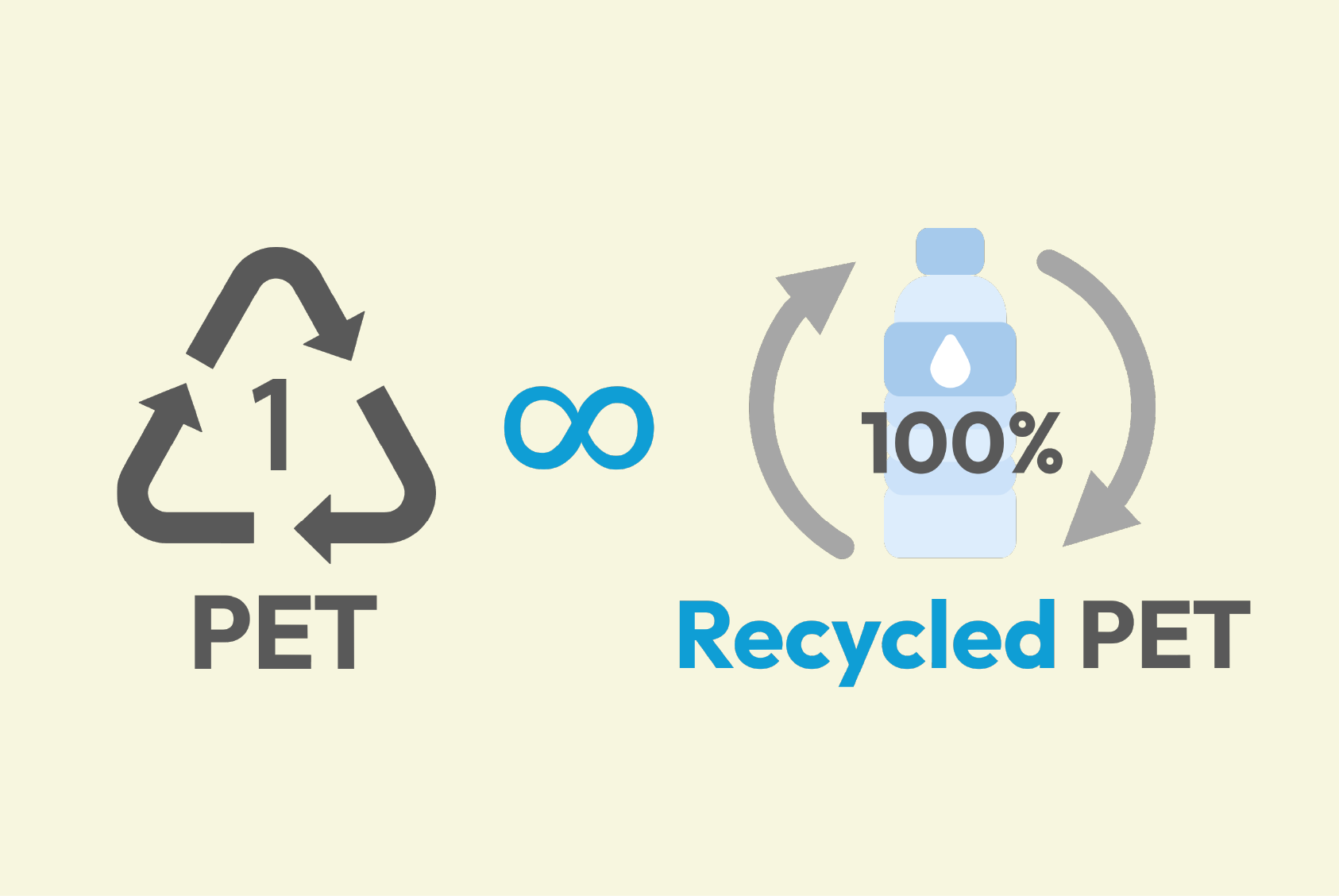
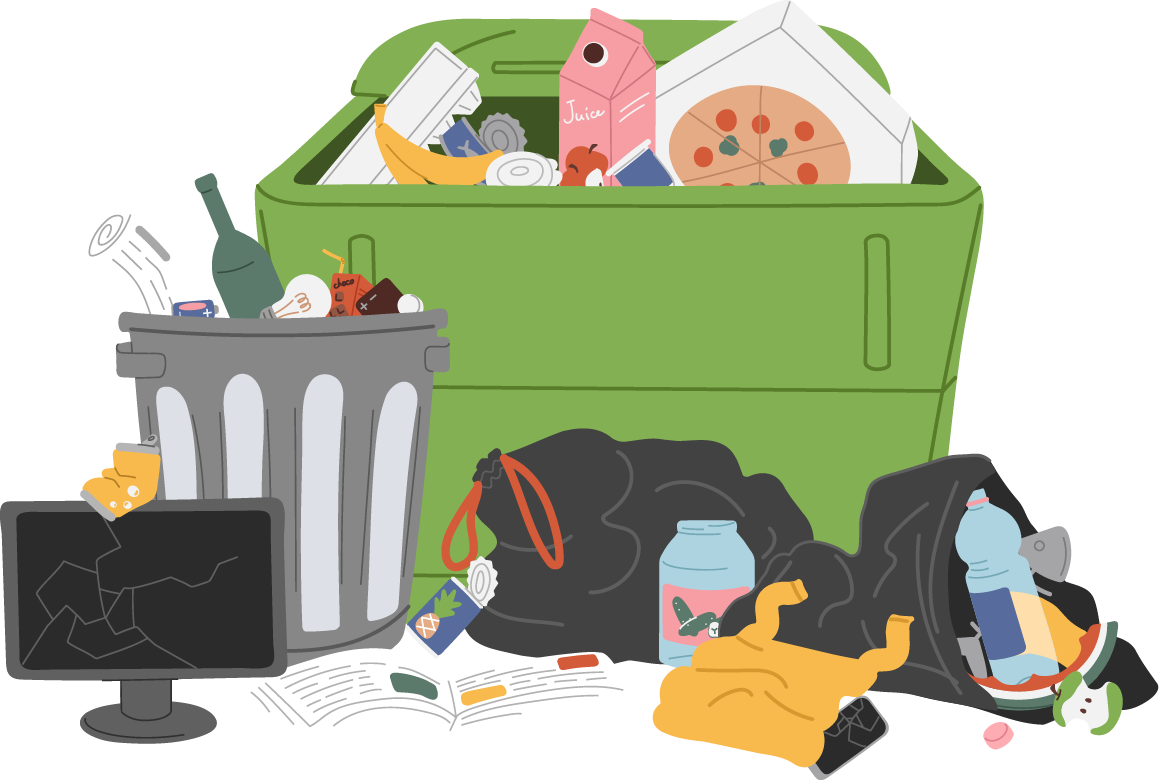
Waste Treatment
Quick Challenge: Test Your Knowledge After Reading the Topic
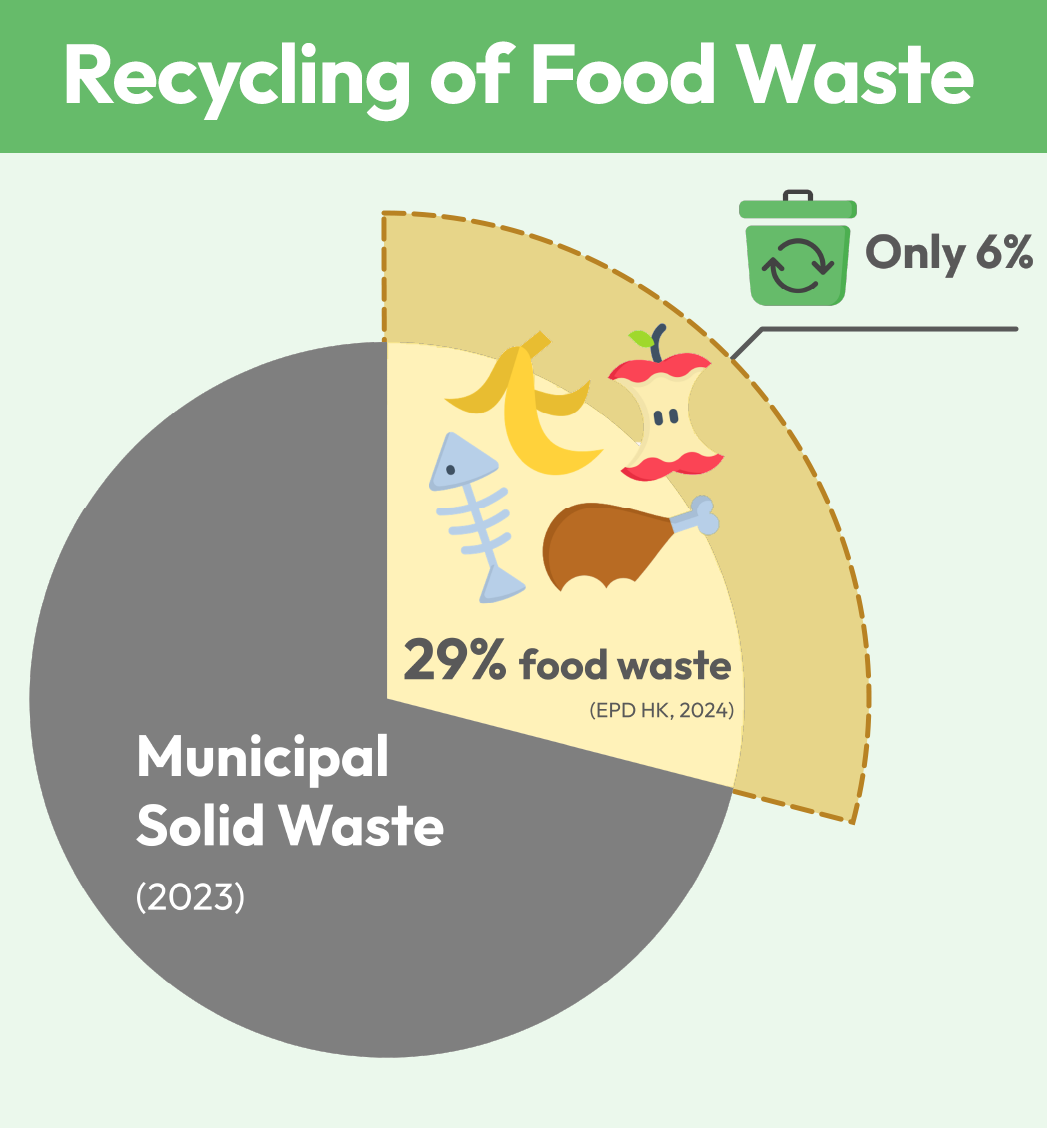
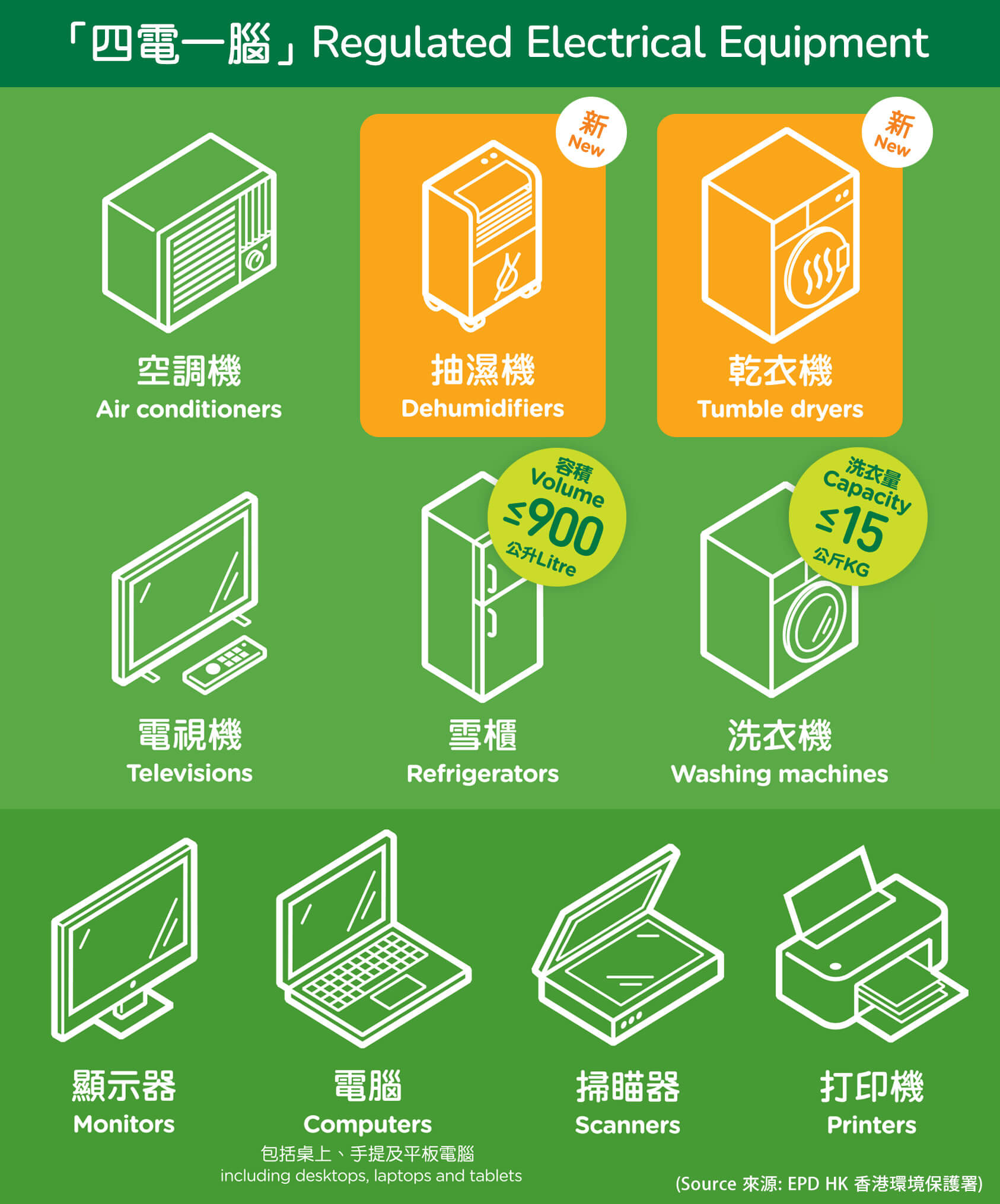

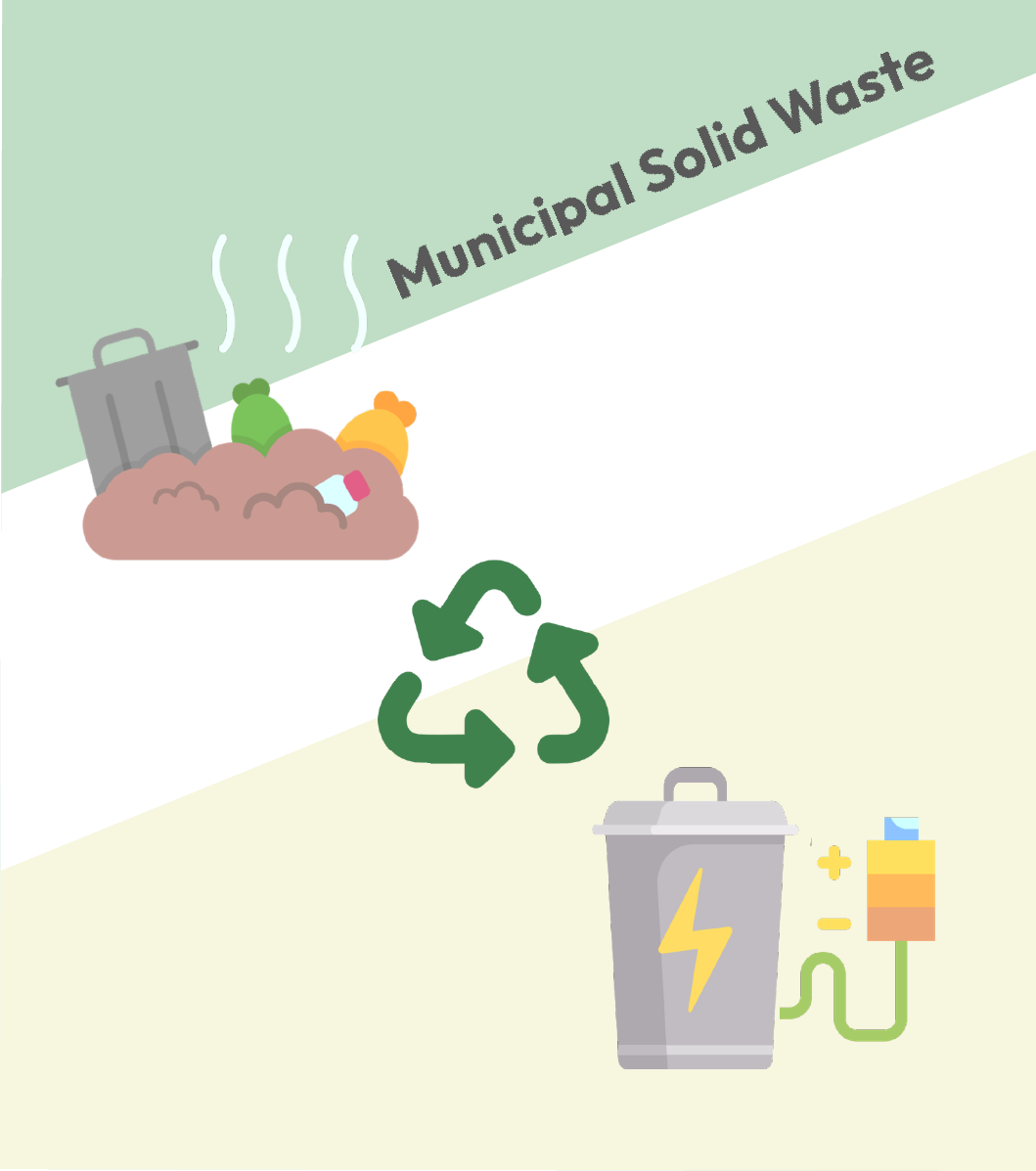
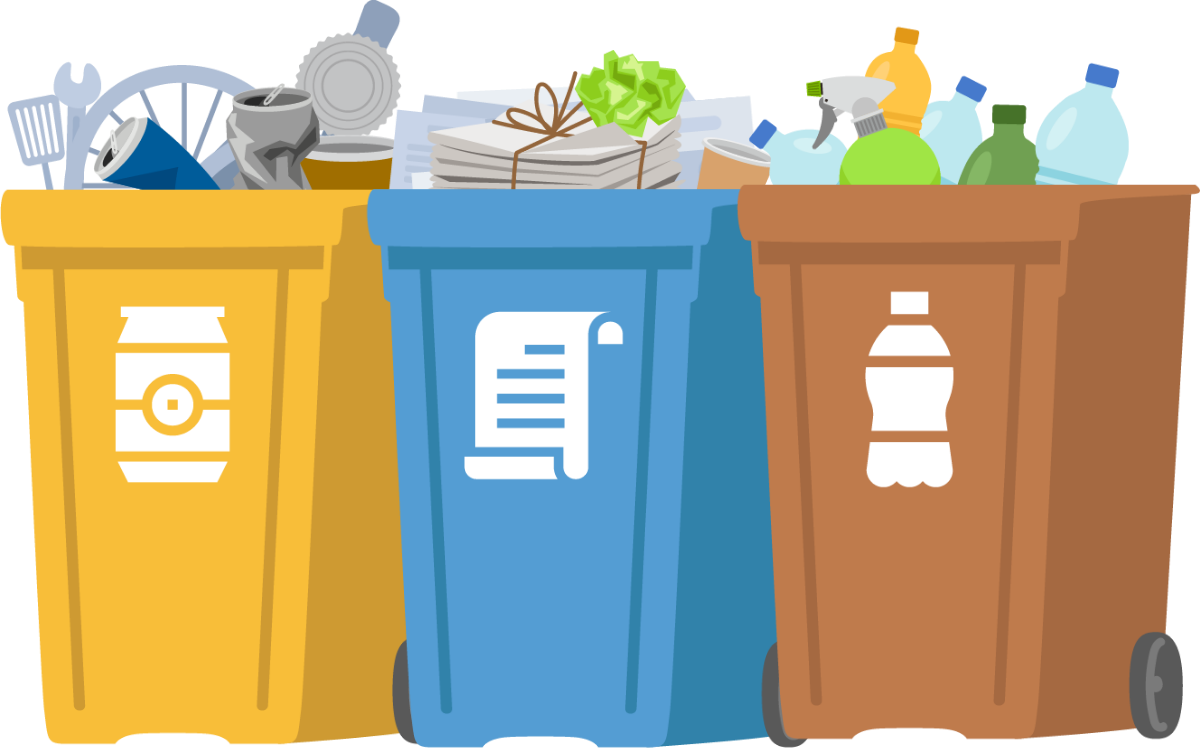
Recycle & Remake
Transform Trash to Treasure: Recycle Properly and Match the Waste to its New Life
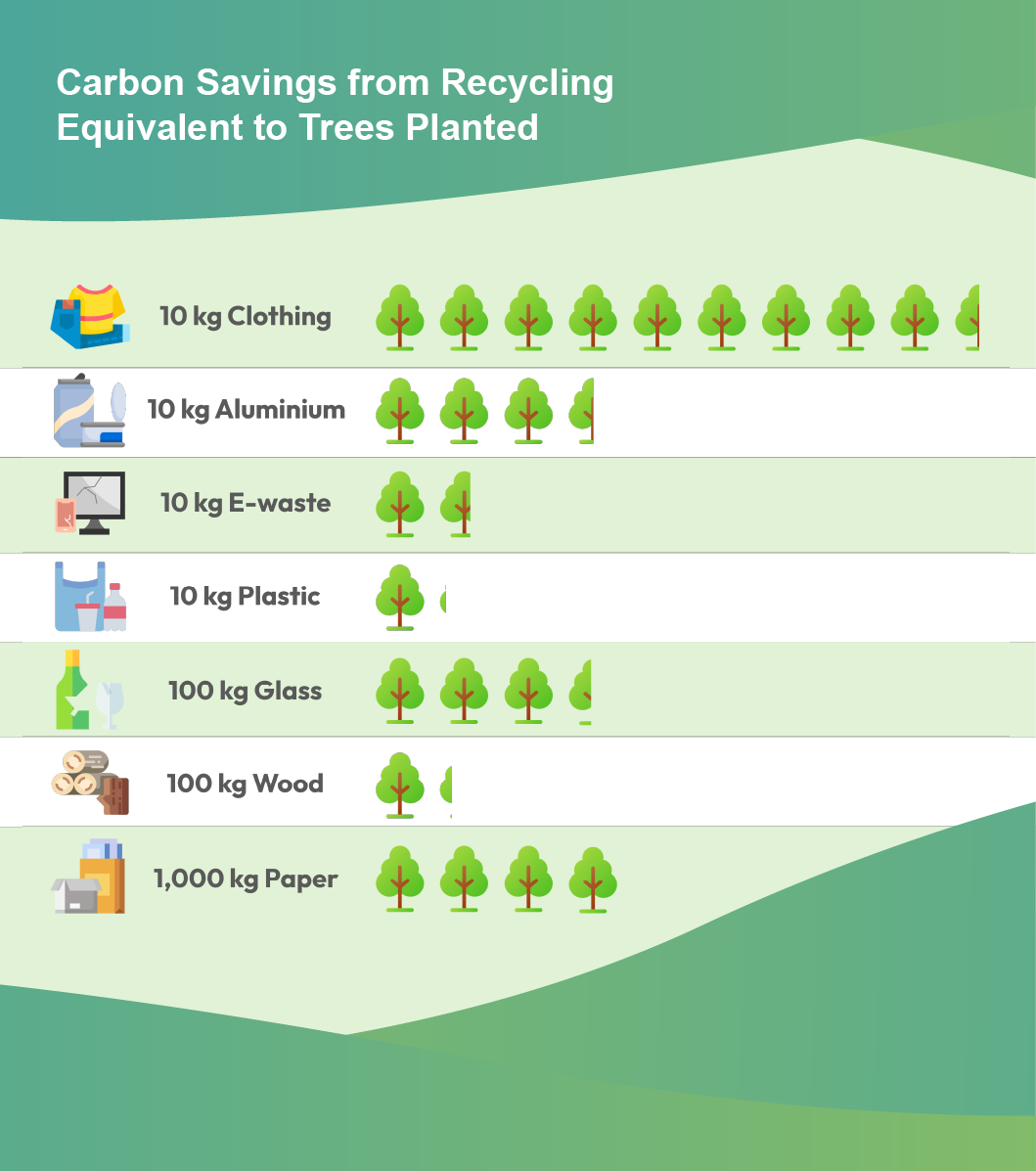
Plastic Waste in Daily Life
In Hong Kong, plastic waste makes up ~20% of municipal solid waste (MSW) (EPD, 2024)

- Over 2,000 tonnes of plastic waste go to landfills each day
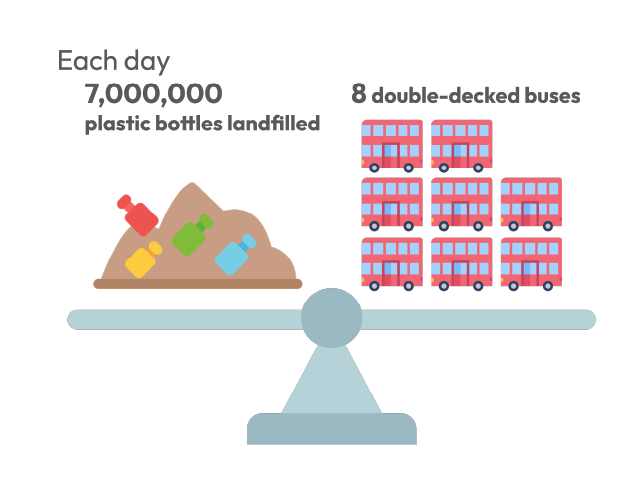
- Over 7 million plastic bottles were disposed of daily (= weight of 8 double-deck buses)
Journey of Plastic Bottle
In making a plastic bottle, emissions are produced from production of plastic resins, transportation, manufacturing including cleaning, filling and packaging.
7 Types of Plastic and their Recycled Products
- #1 PET: drink bottles and food containers
→ bottles and clothes - #2 HDPE: cleansing product and personal care bottles
→ bottles and pipes - #3 PVC: pipes and medical equipment
→ pipes and building materials - #4 LDPE: grocery bags and food wraps
→ bags and floor tiles - #5 PP: yogurt containers and bottle caps
→ signal lights and brooms - #6 PS: disposable cups and food boxes
→ insulation and packaging - #7 Others: like acrylic and nylon
→ custom products
Recycling in Action
#1 PET and #2 HDPE are the easiest to recycle. They are reprocessed into rPET (recycled PET) and rHDPE (recycled HDPE) raw materials in Hong Kong.
#1 PET and rPET can be recycled over and over, but contaminants can make them unsafe for food use.
Clean properly before recycling!
2 major beverages in Hong Kong (water and soft drink suppliers) have introduced 100% rPET bottles. rPET is much more eco-friendly than new PET, requiring only half the energy to produce and reducing carbon emissions by 80%.
How is our waste treated?
Hong Kong is taking big steps to manage and turn waste into useful resources.
Food Waste
The largest component (29%) of municipal solid waste (MSW) in Hong Kong, ~3,200 tonnes of food waste were landfilled daily in 2023, but only 6% was recovered.
Transform organic waste into biogas and compost, providing both energy and resources
O·PARK1
- Process 200 tonnes of food waste daily
- Generate ~14,000 MWh of surplus electricity annually—enough to power ~3,000 homes
O·PARK2 (under construction)
- Process 300 tonnes of food waste daily
In VTC, food waste processors are introduced at culinary institutes, residences and other premises.
E-Waste
Each year, Hong Kong generates around 70,000 tonnes of e-waste.
Properly collect and recycle used electronics
- Prevent harmful substances like lead and mercury from polluting our environment
- Recover valuable materials like iron, copper and aluminium.
- Turn e-waste into reusable resources
WEEE·PARK recycles 10 types of Waste Electrical and Electronic Equipment (WEEE). In 2023,
- recovered over 80% of raw materials from over 21,000 tonnes of e-waste
- reduced carbon emissions equivalent to planting about 3,500 trees
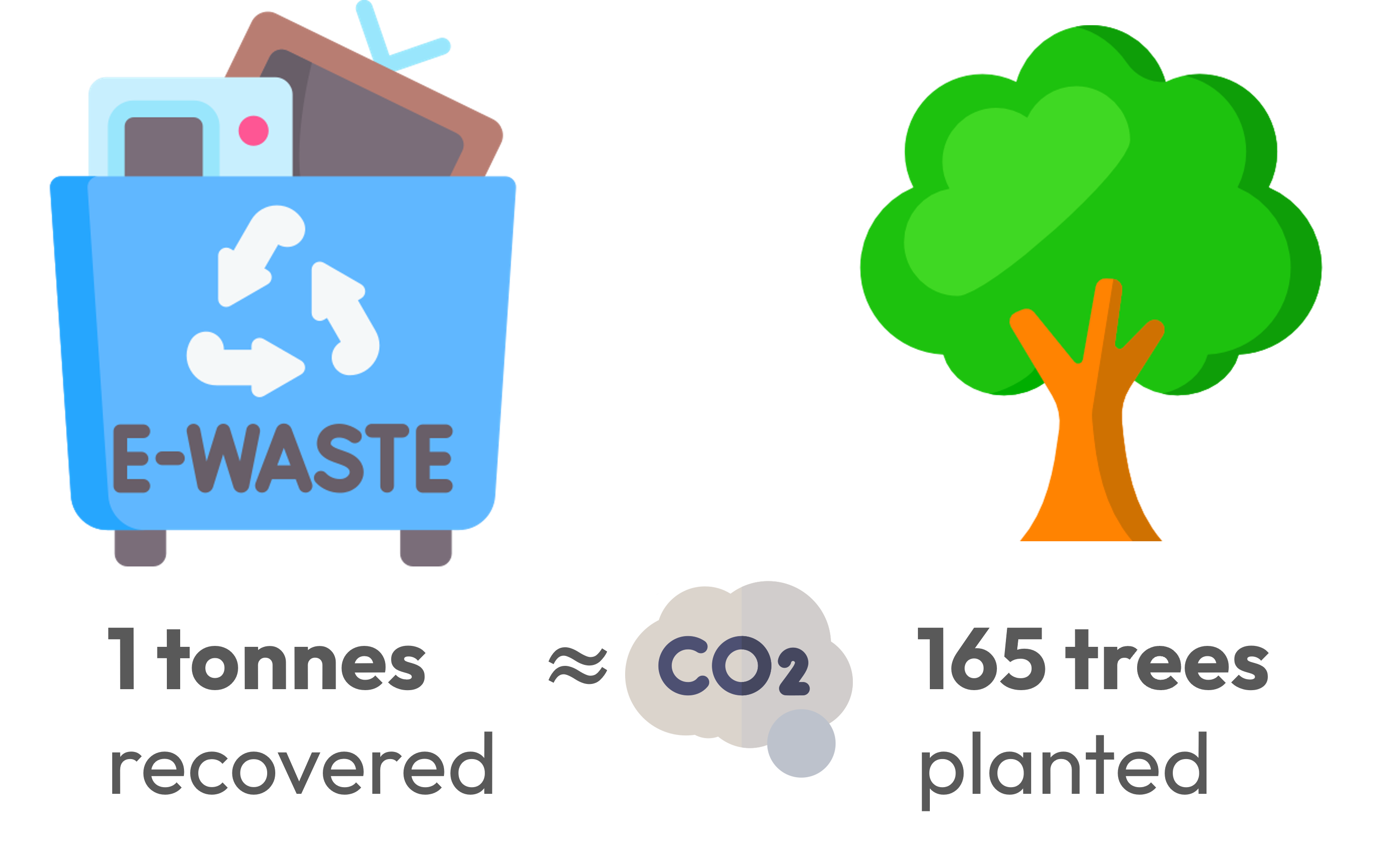
Yard and Garden Waste
Tree Trunks and Branches
- can be converted into raw materials like wood beams and boards, then turned into furniture, particle board and biochar
- 83,200 tonnes of yard waste went to landfills in 2023, only 11% was recovered
Y·PARK – processed 60 tonnes of yard waste daily in 2023
Sewage Sludge
T·PARK – treats sewage sludge and converts waste into energy
- Handle up to 2,000 tonnes of sludge per day
- Reduce original sludge volume by 90% through incineration
- Generate 2 MW of surplus electricity — enough to power 4,000 households
Municipal Solid Waste
I·PARK1 (start in 2025) – Hong Kong's first waste-to-energy facility
- Process up to 3,000 tonnes of MSW daily
- Generate ~480 million kWh of electricity annually — enough to power ~100,000 homes
How recycling works?
- Collection: Gather waste
- Sorting: By type and colour
- Cleaning: Remove contaminants
- Shredding: Shred into small pieces
- Separation: Filter using air, liquid or electrostatic ways
- Processing: Melt or crushed and reform into new products
Separate, empty and clean materials before recycling!
It will:
- save energy in the recycling process
- improve the quality and usability of recycled products
- prevent contamination by hazardous materials and chemicals
Savings from Recycling
Do you know?
Every Time You Recycle, Trees Are Planted!
Login Failed
Please try again.
